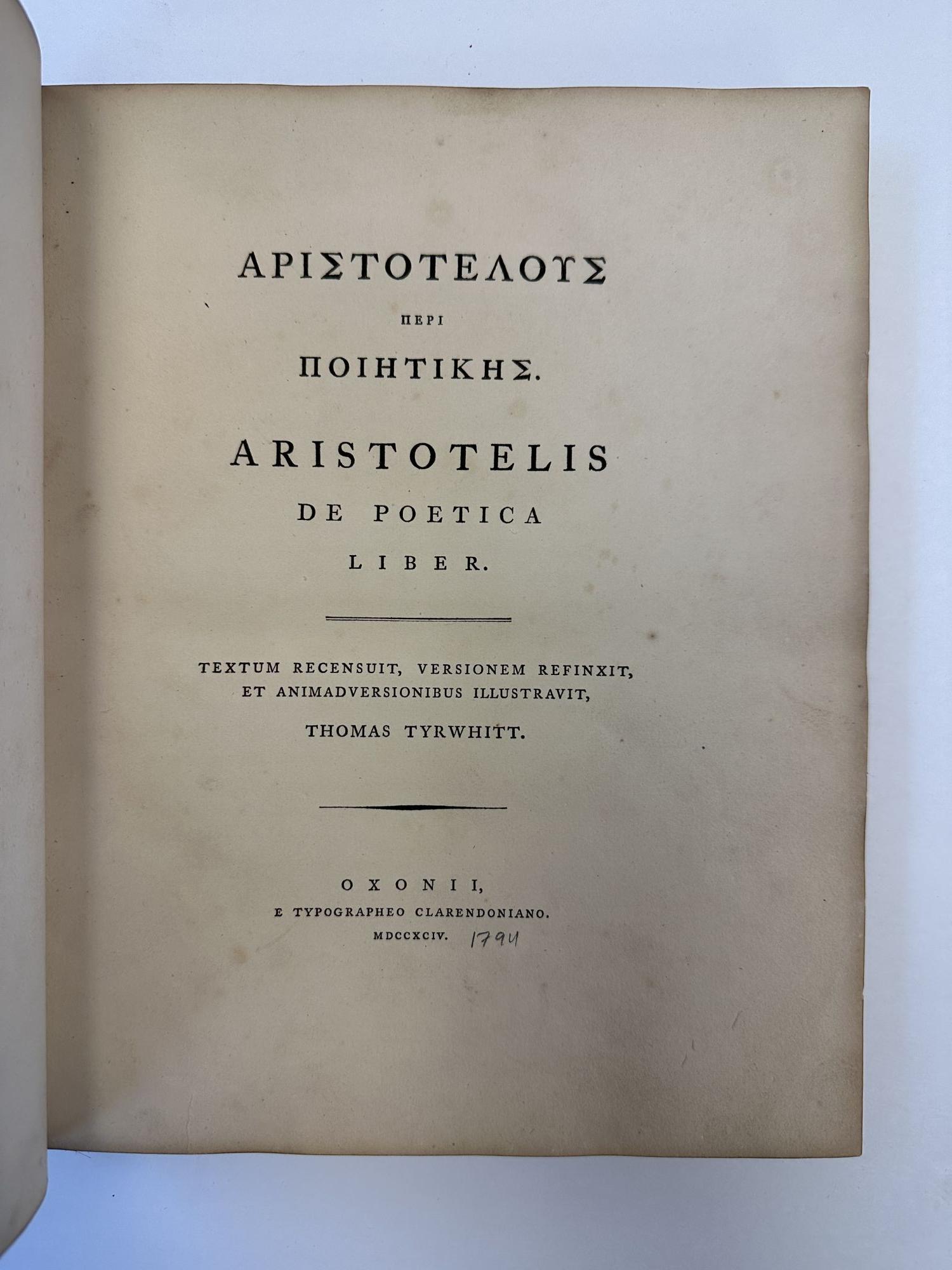Have you ever come across a phrase or a name, maybe like "νικος πελετιε", that just sparks your curiosity, making you wonder about its story or what it truly means? It's a feeling many of us share, that pull to look a little closer at something that feels both familiar and, well, a bit mysterious. Sometimes, the path to understanding isn't a straight line, but rather a winding road through fragments of information, a bit like piecing together a mosaic where each tiny piece holds a hint of the bigger picture.
This quest for clarity, you know, it's pretty common when we're dealing with anything that touches on language and culture. We might find ourselves looking at characters that don't quite show up right on our screens, or trying to make sense of a phrase that feels like it's just out of reach. It's almost as if the digital world, for all its amazing connections, sometimes throws up little puzzles for us to solve, especially when it comes to expressing ourselves in different tongues. We often encounter these little hiccups, like those moments when Greek characters in an online forum suddenly become a string of question marks, or something like that, which can be a bit frustrating, to be honest.
It gets you thinking, doesn't it, about how we share thoughts and ideas across different languages and platforms? Whether it's ordering food at a Greek restaurant, trying to read an old text, or simply having a friendly chat online, the way words appear and are understood really matters. So, when we see something like "νικος πελετιε", it's not just a string of letters; it becomes a starting point for exploring how language lives and breathes, even when it's presented in a somewhat jumbled form, like in "My text".
Table of Contents
- Unraveling the Name: What is "νικος πελετιε"?
- Digital Whispers: The Curious Case of Greek Characters and "νικος πελετιε"
- Cultural Tastes: Does "νικος πελετιε" Connect to Greek Life?
- The Language Puzzle: How Do We Make Sense of "νικος πελετιε"?
- Beyond the Letters: Understanding the Spirit of "νικος πελετιε"
- The Story of Communication and "νικος πελετιε"
- Exploring the Digital Footprint of "νικος πελετιε"
- Final Thoughts on "νικος πελετιε"
Unraveling the Name: What is "νικοÏ‚ πελετιε"?
When we look at the phrase "νικοÏ‚ πελετιε", it seems to suggest a name, something like "Nikos Peletie" or "Nikos Peletis", which are very much Greek in sound and structure. However, the information we have to work with, what's called "My text", doesn't actually give us any personal details or a life story for someone named Nikos Peletie. It's a bit like finding a single, interesting word in a very old, fragmented document; you know it's there, and it sparks your imagination, but the surrounding context that would tell you who or what it belongs to just isn't present. So, we can't really tell you about a specific person's biography or their life's journey from the provided material. What we can do, though, is think about what such a name brings to mind, especially when it shows up in a collection of text that talks about language, digital glitches, and cultural experiences, which is quite interesting, actually.
The beauty of a name, any name, is that it carries a certain weight, a kind of echo of history and identity. A name like "Nikos" is, in Greece, a very common and beloved first name, often short for Nikolaos, which means "victory of the people". The surname "Peletie" or "Peletis" might suggest origins or a family line, but without more to go on, it's just a sound, a potential connection to a family's past. It's a little bit like hearing a melody you recognize but can't quite place the song. This absence of direct information, in a way, allows us to consider the broader themes that "My text" does touch upon, even if they aren't directly about a person's life story. We're left to ponder the linguistic and cultural threads that might connect to such a name, rather than a detailed personal account.
So, instead of a traditional biography, we'll explore the idea of "νικοÏ‚ πελετιε" as a symbol, perhaps, of the many ways Greek language and culture appear and sometimes struggle to appear, in our digital lives. It's a lens through which we can look at the broader context of the provided text, which, as a matter of fact, offers a fascinating glimpse into the challenges and charms of Greek communication. We can think about how a name like this might resonate with the experiences described, like those moments when Greek characters just don't display correctly online, or when we try to translate phrases from Greek into other languages. It’s a very human experience, trying to make sense of what we see and hear, especially when it's presented in a fragmented way.
Digital Whispers: The Curious Case of Greek Characters and "νικοÏ‚ πελετιε"
Have you ever noticed how sometimes, when you're browsing the internet, certain words or letters just don't show up correctly? It's a bit like a digital whisper that gets lost in translation, or rather, in transmission. "My text" brings up this very point, mentioning how "for a month or so every greek character in the forum became question mark or something like this." This kind of issue, where Greek letters turn into strange symbols or question marks, is a common headache for anyone dealing with different writing systems online. It happens because computers need a specific way to understand and display all those unique characters, and if that understanding isn't quite there, things can get a little messy, you know?
This problem, which often comes down to something called character encoding, means that the beautiful, flowing script of Greek can sometimes look like a jumble of random symbols or, perhaps even worse, just blank spaces. It's a technical hurdle, yes, but it has a very real human impact. Imagine trying to read a message from a friend, or a news article, only to find half the words are unreadable. It breaks the flow of communication, and that's something that can be pretty frustrating for people who rely on those characters to express themselves. The idea of "νικοÏ‚ πελετιε" appearing in such a context, amidst these digital struggles, almost makes it feel like a name that's trying to break through the noise, trying to be seen and understood despite the technical glitches.
The text also mentions "“îµî»î»î·î½î¹îºî¬” symbols, entities & characters" and talks about "unicode" as the way to explore these characters. Unicode is basically a universal language for computers, a system that tries to give every character from every language its own unique number, so that no matter what computer or program you're using, that character shows up correctly. It's a huge effort to make sure that languages like Greek, with their unique alphabets, can exist smoothly in the digital space. So, when we think about "νικοÏ‚ πελετιε" in this light, it's a reminder of the quiet, ongoing work that happens behind the scenes to make sure our words, whether they're names or sentences, can travel freely across the internet without turning into a string of unrecognizable marks. It's a very practical challenge that has a big impact on how we connect with each other.
Cultural Tastes: Does "νικοÏ‚ πελετιε" Connect to Greek Life?
When you hear a name that sounds distinctly Greek, like "νικοÏ‚ πελετιε", it naturally brings to mind certain cultural images, doesn't it? The provided text, quite interestingly, gives us a little peek into some very familiar Greek experiences. It asks, "Have you ever been to a Greek restaurant? Have you ordered in Greek? Today we do it together. Come!" This immediately paints a picture of warmth, hospitality, and the joy of sharing a meal, which are all very much a part of Greek culture. It's a simple invitation, but it speaks volumes about the communal spirit and the importance of food in social gatherings. So, in a way, the name "νικοÏ‚ πελετιε" could easily fit into this scene, perhaps as the name of a person you might meet there, or even a restaurant owner.
The text also mentions "Enoteca maria is an italian wine bar and restaurant located in the st,George section of staten island, new york,Our two kitchens at enoteca maria will continue to serve." While this is an Italian restaurant, its mention right alongside Greek cultural references highlights the broader theme of food and dining as a way people connect. It shows how different cultures, like Greek and Italian, often share similar values around hospitality and the experience of eating out. The presence of "νικοÏ‚ πελετιε" in this collection of text, even without a direct link, makes us think about how names and places intertwine with our cultural experiences. It's like finding a small piece of a puzzle that could belong to several different, yet related, pictures.
Beyond restaurants, the text also touches on "Gospel of John (New Testament) in Modern Greek." This reference brings in a different, perhaps more profound, aspect of Greek culture: its deep historical and religious roots. The Greek language, after all, is ancient and has been used for centuries to convey profound ideas, including sacred texts. This blend of the everyday (like going to a restaurant) with the historically significant (like religious texts) gives a rich, layered feel to the Greek cultural landscape. So, when we ponder "νικοÏ‚ πελετιε", it's not just about a name; it's about the entire cultural tapestry it could be a part of, encompassing food, faith, and the enduring power of language. It's quite a lot to consider, really.
The Language Puzzle: How Do We Make Sense of "νικοÏ‚ πελετιε"?
Understanding a phrase or a name like "νικοÏ‚ πελετιε" when it appears in a fragmented way, especially alongside discussions of translation, can feel a bit like solving a language puzzle. The text gives us clues about this very challenge, mentioning "Contextual translation of îµï€î±î½îµî¸î½î¹îºî¿ï€î¿î¹ïžî½ï„î±ï‚ into english" and "Contextual translation of î´î¹îµï€î±î³î³îµÎ»î¼î±ï„î®ï‚ from greek into italian." These snippets highlight the fact that language isn't just about individual words; it's about the meaning those words carry within a specific situation. It's not just a dictionary lookup, you know, but more about getting the overall gist.
When we translate, we're not just swapping one word for another. We're trying to convey the same feeling, the same intention, across different linguistic systems. This is especially true for names. A name like "νικοÏ‚ πελετιε" might have a specific cultural resonance in Greek that doesn't directly translate. It might evoke a certain kind of person, or a particular region, or even a historical event, all of which would be lost in a simple word-for-word translation. So, the presence of these translation references in "My text" makes us think about how we approach understanding something like "νικοÏ‚ πελετιε" – do we try to translate it literally, or do we try to grasp its broader cultural meaning?
The text also includes a curious phrase: "εï ï‰ï„îµï…î¼îµî½î¬ºî¹ is not a real word." This is a fascinating detail because it points to the very real struggle of language learners and even native speakers trying to make sense of new or unfamiliar terms. It's a reminder that language has rules, and sometimes, what looks like a word simply isn't one, or it's a misspelling, or it's a corrupted character string from a digital error. This makes the "puzzle" of "νικοÏ‚ πελετιε" even more intriguing. Is it a perfectly formed name, or is it, in some way, a representation of the linguistic challenges that "My text" describes? It really makes you pause and consider the many ways language can be presented to us, sometimes clearly, and sometimes, well, not so clearly.
Beyond the Letters: Understanding the Spirit of "νικοÏ‚ πελετιε"
When we look at "νικοÏ‚ πελετιε" not just as a name, but as a concept that appears within "My text," we start to see it as a symbol of resilience in communication. Think about the forum where Greek characters turned into question marks. That's a real barrier, a moment where meaning almost got lost entirely. Yet, the fact that people are still trying to communicate, still talking about Greek restaurants, still sharing messages, shows a strong desire to connect. "νικοÏ‚ πελετιε" could, in a way, represent that enduring spirit of trying to make oneself understood, even when the digital tools aren't quite cooperating. It’s a very human thing, wanting to be heard, isn't it?
The text also mentions a greeting: "Ï‡Î±Î¯Ï ÎµÏ„Îµ," which means "greetings." This simple word, appearing amidst technical jargon and fragmented sentences, reminds us that at the heart of all this digital back-and-forth are people trying to interact. It's a polite, warm opening, and it suggests a desire for connection, for a friendly exchange. So, "νικοÏ‚ πελετιε," as a potential name, fits right into this picture of human interaction. It's the kind of name you might use to address someone, or to refer to someone you know, in a conversation. This focus on genuine human connection, despite the occasional digital hiccup, is a rather important thread running through the whole collection of text.
Even the mention of a "specialist" in the Greek text, where someone says, "even though I saw you wanted an expert to do it, I was tempted to send you this message," speaks to a desire to help, to share knowledge, and to contribute, even if one isn't the designated "expert." This collaborative spirit, this willingness to step in and offer assistance, is another part of the human experience that resonates with the idea of "νικοÏ‚ πελετιε." It suggests a community, a group of people who are trying to solve problems together, whether those problems are technical glitches with Greek characters or simply trying to understand a new phrase. It's about collective effort, which is pretty cool, actually.
The Story of Communication and "νικοÏ‚ πελετιε"
Every piece of text, even seemingly random fragments, tells a story about how we try to communicate. The presence of "νικοÏ‚ Ï€Î


